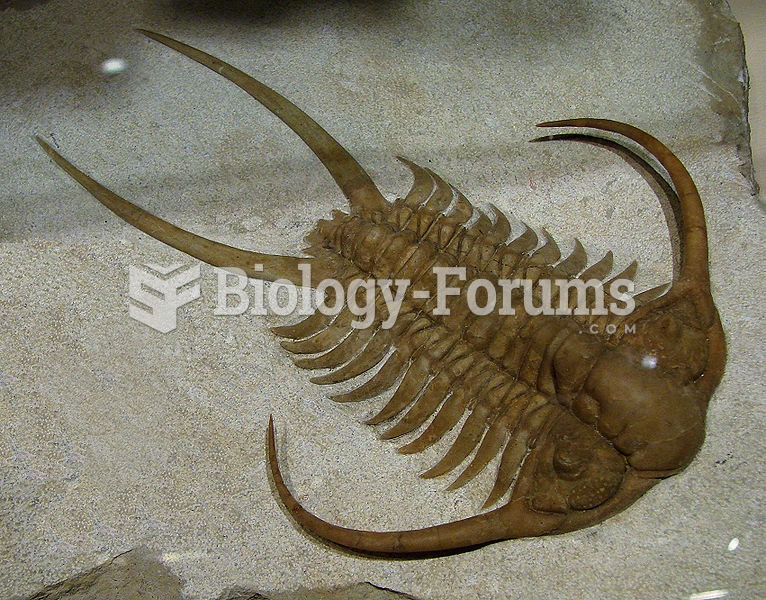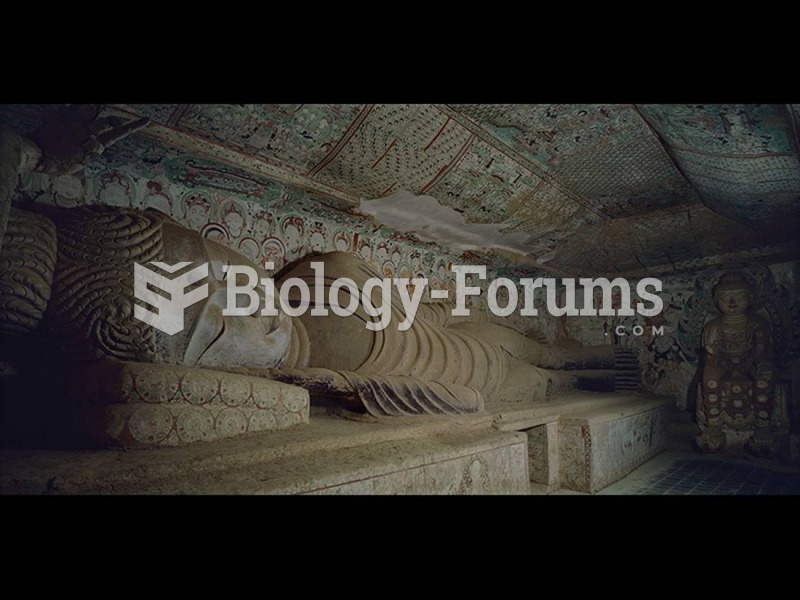Answer to Question 1
Totalitarian governments often rise from a poor and desperate country, when prospects seem most bleak. Russia experienced a severely weak economy, which compounded by problems of government corruption and the tolls of World War I, reduced the nation to desperate straits. By 1917, a full-scale revolution was underway: strikes and riots broke out in the cities, while in the countryside peasants seized the lands of their aristocratic landlords. The revolution of 1917 forced the abdication of the tzar and ushered in a new regime, which, in turn, was seized by members of the Russian socialist party under the leadership of the Marxist revolutionary Vladimir Ilyich Lenin. Lenin guided Russia towards a Communist system in which private property would be converted into property held in common and the means of production and distribution would belong to the whole of society. The Communist Party established the first totalitarian regime of the twentieth century, calling for the subordination of the individual to the needs of the state. Through strict control of political, economic, and cultural life, and by means of coercive measures such as censorship and terrorism, Soviet communists persecuted those whose activities they deemed threatening to the state.
Similar to their Russian counterparts, Chinese political reformers moved to redistribute land among the enormous peasant population. By 1911, the National People's Party had overthrown the Manchu leaders and established a republican government. But the Nationalists failed to provide an efficient program for land redistribution and after 1937, they lost much of their popular support. Following World War II, the communist forces under the leadership of Mao Zedong rose to power and, in 1949, they formed the People's Republic of China. In China as in Russia, the Communist Party gained exclusive control of the government, with Mao serving as both chairman of the party and head of state. Mao called upon the great masses of citizens to work toward radical reform. Mao moved to replace the old order, and especially the Confucian veneration of the family, with new socialist values that demanded devotion to the local economic unitand ultimately to the state.
As Hitler rose to power, he promised to purify the German state of its threatening minorities and rebuild the country into a mighty empire. To do this, he insisted that the Nazi party have total control. In Mein Kampf, Hitler exalted the totalitarian state as the guardian of a millennial future in the face of which the wishes and the selfishness of the individual must appear as nothing and submit. The state is a means to an end, insisted Hitler. Its end lies in the preservation and advancement of physically and psychically homogeneous creatures. Using propaganda to manipulate public opinion, Hitler wielded unlimited and often ruthless authority and proceeded to eliminateby means of the Gestapo (the Nazi secret police)all opposition to his program of purification and mass conformity.
Answer to Question 2
After Germany surrendered at the end of World War I, it suffered through humiliating peace terms and economic decimation as a result of the Great Depression. In the wake of these conditions, the young ideologue Adolf Hitler rose to power. By 1933, Hitler was chancellor of Germany and the leader (in German, Fhrer) of the National Socialist German Workers' party (the Nazi party), which would lead Germany again into a world war. In his book Mein Kampf, Hitler exalted the totalitarian state as the guardian of a millennial future in the face of which the wishes and the selfishness of the individual must appear as nothing and submit. The state is a means to an end, insisted Hitler. Its end lies in the preservation and advancement of physically and psychically homogeneous creatures. His totalitarian approach destroyed democratic institutions and led to the genocide of an estimated eleven million people in Nazi gas chambers.
The war finally ended in 1944, with the atomic bombing of two Japanese cities by America. This never-before-seen destruction shocked the world and ushered in an era of existential crisis in which people grappled with the concept of evil and the prospect of annihilation at any moment.






